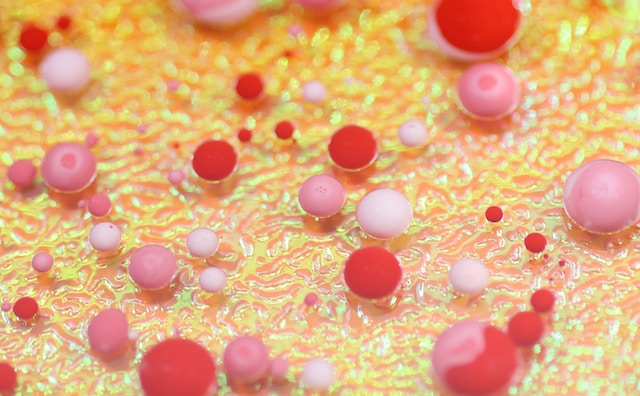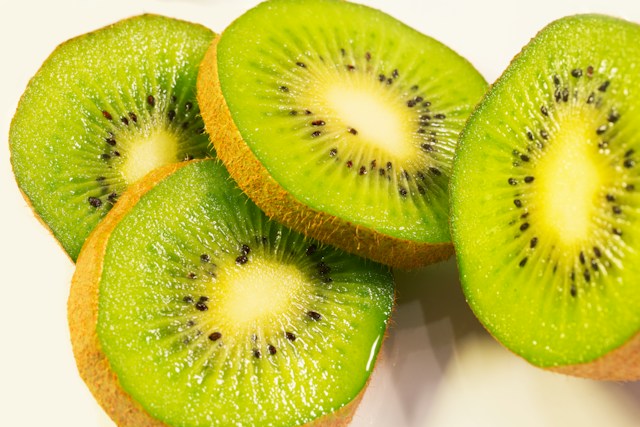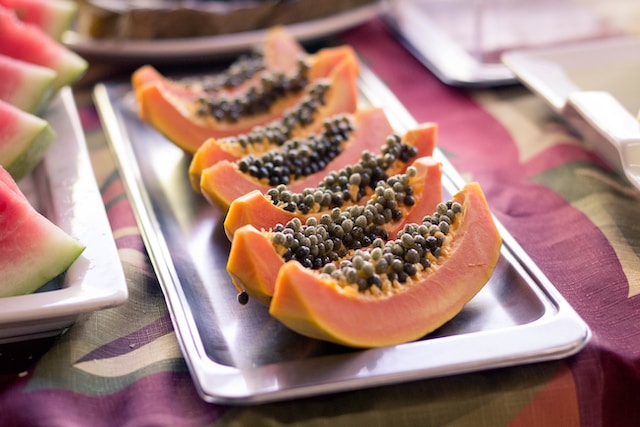Fruits are integral in building up white blood cell count owing to their rich reservoirs of vital nutrients, notably vitamin C, antioxidants, and phytochemicals. Laden with vitamin C, citrus fruits like oranges and kiwis play a pivotal role in the production and functionality of white blood cells, critical defenders against infections.
The diverse array of antioxidants found in fruits, from flavonoids to polyphenols, shields these cells from damage caused by harmful free radicals, fostering their efficacy
Additionally, the presence of nutrients such as folate, potassium, and vitamins A and E in fruits supports the overall robustness of the immune system, enabling white blood cells to function optimally.
Embracing fruits in one’s diet not only contributes to the direct enhancement of white blood cell production but also indirectly bolsters immune defences against various illnesses.
What are White Blood Cells
White blood cells (WBCs), also known as leukocytes, are a crucial part of the immune system, playing a fundamental role in defending the body against infections, diseases, and foreign invaders.
These cells are produced in the bone marrow and circulate throughout the bloodstream and lymphatic system. There are several types of white blood cells, each with specific functions:
Neutrophils: They are the most abundant type of white blood cell and are typically the first responders to infections. They engulf and destroy bacteria and fungi.
Lymphocytes: They include T cells and B cells, crucial for adaptive immunity. T cells can directly attack infected or abnormal cells, while B cells produce antibodies that recognize and neutralize specific pathogens.
Monocytes: They help to break down pathogens and foreign substances by transforming into macrophages when they reach affected tissues.
Eosinophils: Involved in combating parasitic infections and are also implicated in allergic reactions.
Basophils: They release substances like histamine during allergic reactions and play a role in the inflammatory response.
The normal range for white blood cell (WBC) count can vary slightly depending on the laboratory and the measurement units used, but generally, it falls between 4,500 and 11,000 white blood cells per microliter of blood.
What is the Role of White Blood Cells
White blood cells are vital for maintaining the body’s health by:
- Recognizing and eliminating pathogens (viruses, bacteria, fungi, etc.).
- Removing toxins and wastes from the body.
- Assisting in the healing process by removing damaged or dead cells.
Monitoring white blood cell count is essential because an abnormal count can indicate various health issues. For example, a high count (leukocytosis) may signify infection, inflammation, or certain diseases, while a low count (leukopenia) can make an individual more susceptible to infections or indicate bone marrow problems, among other conditions.
Reasons for Low White Blood Cells
- Bone Marrow Issues: Problems in bone marrow can reduce white blood cell production (seen in leukaemia, aplastic anaemia, or after chemotherapy).
- Infections: Viral infections like HIV, hepatitis, or certain viruses can suppress the bone marrow, decreasing white blood cell count.
- Autoimmune Conditions: Diseases like lupus can cause the immune system to attack and destroy white blood cells.
- Medications: Some drugs, especially chemotherapy meds or antibiotics, can lower white blood cell count.
- Nutritional Deficiencies: Lack of nutrients like vitamin B12 or folate can affect white blood cell production.
- Radiation Exposure: High radiation levels can suppress bone marrow, reducing white blood cell production.
How to Build Up White Blood Cells By Drinking Juices
Drinking fresh fruit and vegetable juices can be a flavorful and effective way to support the production of white blood cells. Juices rich in vitamin C, such as orange, grapefruit, and kiwi, provide a direct boost to white blood cell count as vitamin C is essential for their production and function.
Adding vegetables like spinach, kale, and bell peppers to juices can contribute to vitamins A and E, further enhancing immune function. Incorporating antioxidant-rich fruits like berries and pomegranates into juices helps protect white blood cells from damage caused by free radicals, supporting their optimal performance.
While juices offer a concentrated source of nutrients, it’s crucial to maintain a balanced diet and not rely solely on juices for immune health. Freshly prepared juices, combined with a diverse and nutritious diet, can be a delicious and convenient way to aid in building up white blood cells and fortifying the body’s defences against illnesses.
Fruits to Build Up White Blood Cells
Several fruits are known for their potential to boost white blood cell production due to their high content of vitamins, antioxidants, and other nutrients that support the immune system. Here are a few:
- Citrus Fruits: Oranges, lemons, grapefruits, and limes are rich in vitamin C, which is vital for the production and function of white blood cells.
- Berries: Blueberries, strawberries, raspberries, and blackberries are packed with antioxidants like flavonoids and vitamin C, supporting immune function.
- Kiwi: High in vitamin C, kiwi can aid in white blood cell production and function.
- Papaya: Loaded with vitamin C, folate, and potassium, papaya supports a healthy immune system.
- Guava: Rich in vitamin C, guava helps in increasing the production of white blood cells.
- Apples: Contain quercetin, an antioxidant that can help regulate and support the immune system.
- Pomegranate: Known for its antioxidant properties, pomegranate can help improve immune function.
- Grapes: Contain antioxidants like resveratrol, supporting the immune system’s health.
One of the primary key food ingredients that can significantly boost white blood cells is Vitamin C. Foods rich in vitamin C, play a crucial role in enhancing the production and function of white blood cells.
Vitamin C is essential for the growth and development of these immune cells, aiding in their effectiveness in combating infections and maintaining a robust immune system.
Regular consumption of foods high in vitamin C can notably contribute to boosting white blood cell count and overall immune health.
10 Best Juice Recipes For Heart Health
Does Apple Juice Make You Poop? Discover The Best Answer
Pomegranate Juice: A Digestive Game Changer?














